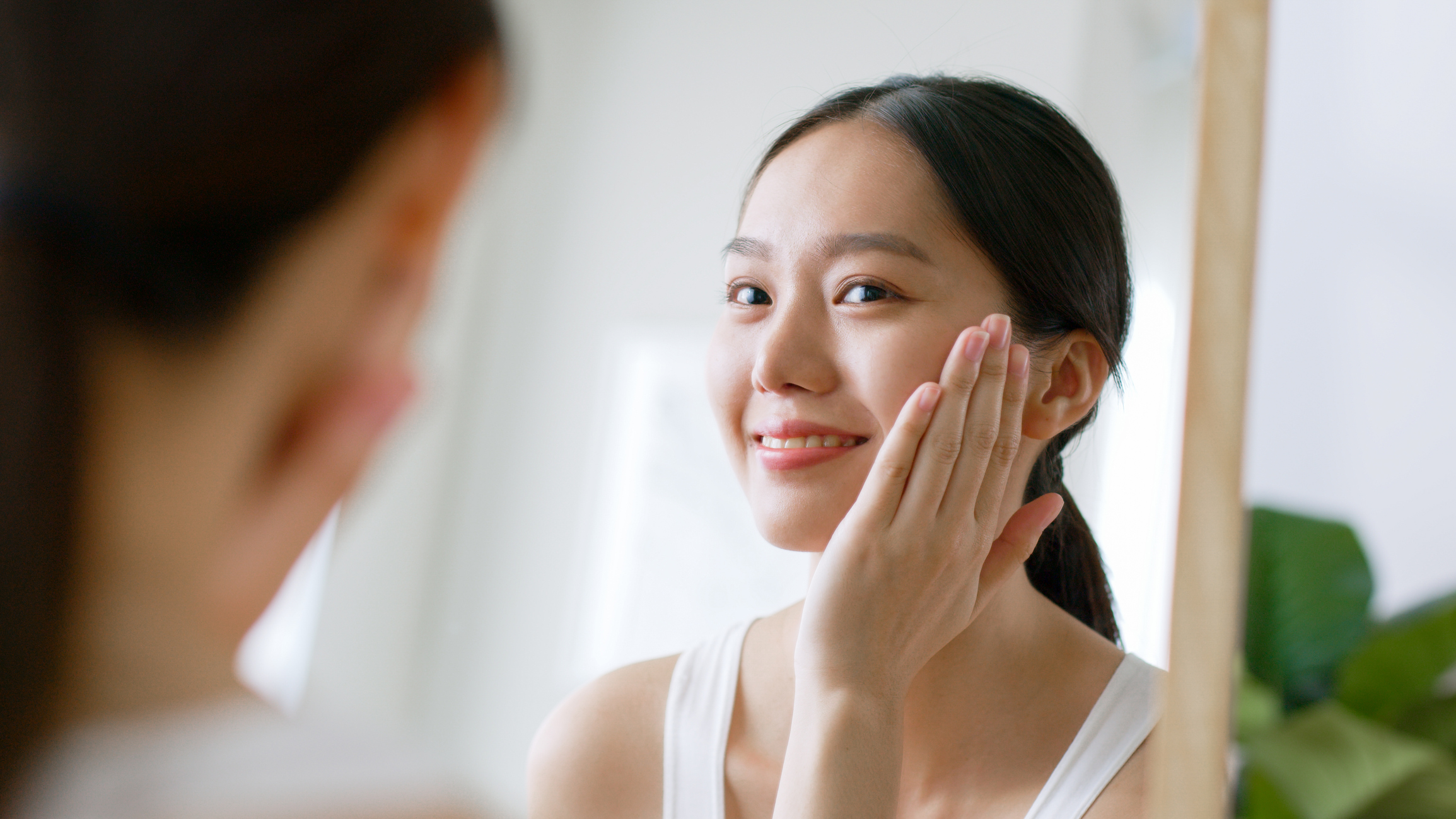
Medically Reviewed by Dr. Lee Hwee Chyen
MBBS MRCP (UK) FAMS (Dermatology)

The appearance of acne can vary, ranging from mild forms like blackheads and whiteheads to more pronounced pimples. It is primarily linked to the increased activity of sebaceous glands in the skin due to hormonal fluctuations with puberty. While commonly associated with teenage years, acne can persist into young adulthood in some cases.
Acne occurs due to a combination of factors, the most significant being hormonal fluctuations that increase oil production in the skin. Genetics also play a role, as a family history of acne can increase one’s likelihood of developing the condition. This can manifest in several forms.
The choice between OTC and prescription treatments depends on the severity of the acne, individual skin type, and response to initial treatments. OTC treatments are readily available and often the first choice for mild to moderate acne. These include topical products containing benzoyl peroxide, salicylic acid, and alpha hydroxy acids, which are designed to reduce oil production, unclog pores, and reduce inflammation.
When OTC treatments are not effective, prescription medications may be necessary. These are stronger and target more severe forms of acne. Prescription options include topical retinoids, antibiotics, and hormonal treatments like oral contraceptives and systemic retinoids like isotretinoin.

Topical retinoids, which are derivatives of Vitamin A, such as tretinoin and adapalene work by preventing the clogging of pores and accelerating the turnover of skin cells. These are available both over-the-counter in lower strengths and as prescription medications in higher concentrations.
Topical retinoids are not only effective in treating existing acne but also in preventing new breakouts.

Oral medications are given to teens and young adults when topical treatments prove insufficient. The most common treatments include antibiotics, hormonal treatments, and isotretinoin.
Oral antibiotics, such as doxycycline and minocycline, are frequently prescribed for their anti-inflammatory and antibacterial properties. These medications target the bacteria and reduce the inflammation associated with acne.
In cases where acne is influenced by hormonal fluctuations, oral contraceptives and anti-androgen agents help regulate hormones that can trigger acne, providing relief, particularly for acne linked to menstrual cycles.
For severe, cystic acne or acne that is resistant to other treatments, isotretinoin (commonly known by its brand name, Accutane) is often the treatment of choice.
This potent medication dramatically reduces oil production in the skin. Due to its potential side effects, including the risk of birth defects, isotretinoin is strictly regulated and prescribed under close medical supervision.
Lifestyle factors, including stress management and regular exercise, also contribute to acne management. Exercise promotes blood circulation, leading to nourished skin cells and the removal of toxins. One may also cleanse the skin post-exercise to prevent pore clogging.
Managing stress through relaxation techniques, adequate sleep, and mindfulness practices can help reduce the severity of acne, as stress hormones can aggravate the condition.
Diet also plays a crucial role in the management of acne, certain dietary patterns may influence acne development and severity.
For teens & young adults with persistent acne that does not respond adequately to conventional treatments, advanced options like light therapy can be considered. These are often administered in a clinical setting under the guidance of a dermatologist who specializes in acne.
Light therapy, including blue and red light treatments, addresses acne-causing bacteria, reduces inflammation, and can lower oil production, thus helping to manage acne effectively.
Acne is a skin condition that can be exacerbated by certain cosmetic ingredients. Understanding these ingredients can help prevent acne flare-ups and maintaining healthy skin. Read on to learn more.
Topical Vitamin C serum can serve as a valuable addition to a skincare regimen, particularly in acne management. Read on to learn more about the benefits of topical Vitamin C serum for the skin and acne.
Tretinoin creams and gels are primarily used to treat acne, but they can also be effective for anti-aging, skin brightening, and hyperpigmentation treatment. Read on to learn more about the benefits of tretinoin creams for the skin.
Feel free to drop by our our clinic and meet our specialist
101 Irrawaddy Road #16-09
Royal Square at Novena, Singapore 329565
 +65 8701 7662 (WhatsApp Enquiries Only)
+65 8701 7662 (WhatsApp Enquiries Only)
Mon - Fri (09:00am - 05:30pm)
Sat (09:00am - 1:00pm)
Sun & Public Holidays (Closed)